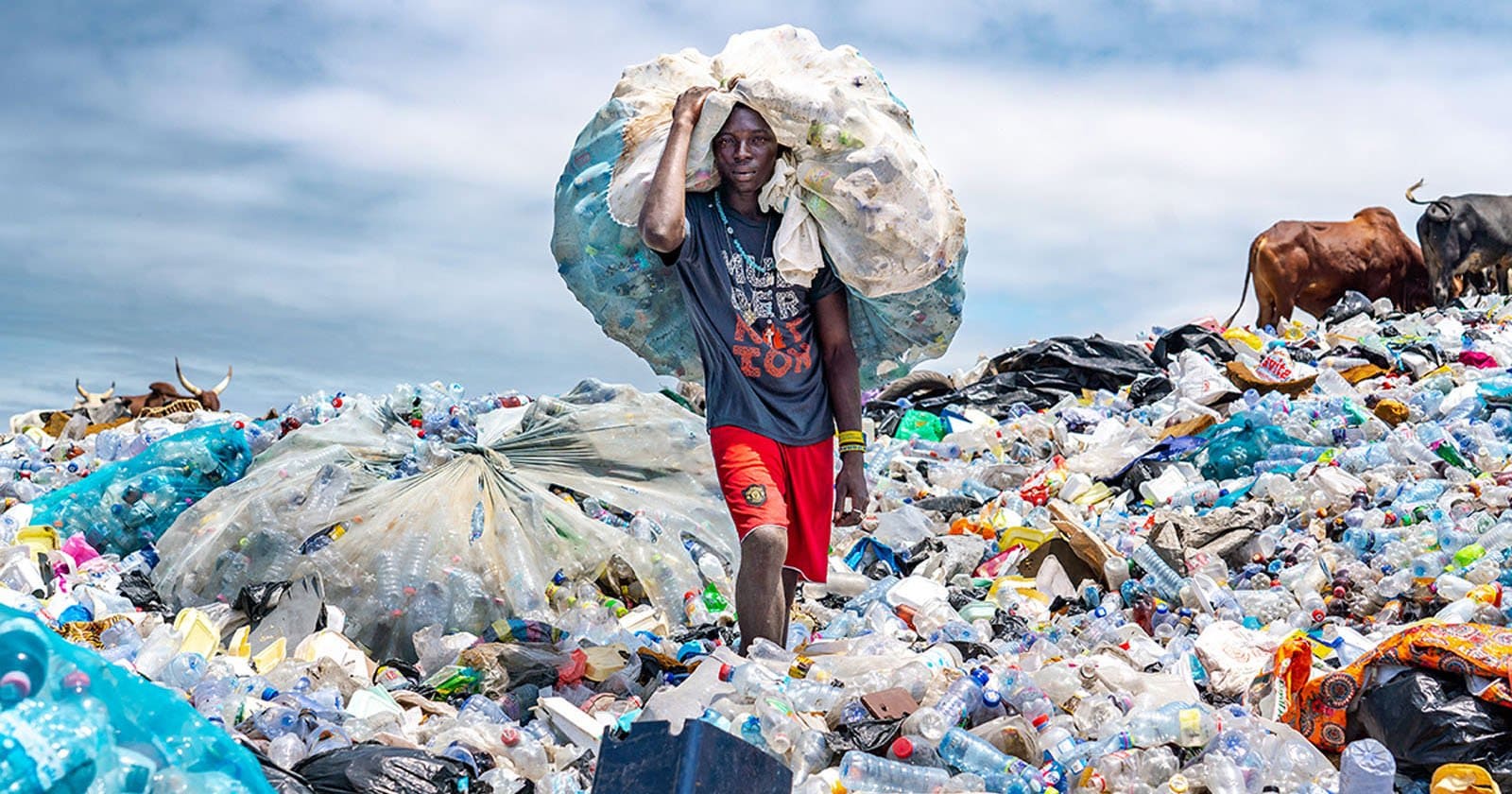Introduction
The challenge of plastic pollution is a critical environmental issue, and businesses are increasingly seeking ways to manage their plastic footprint effectively. Plastic credit programs have become a pivotal strategy in this endeavor, offering a path to not only achieve plastic neutrality but also to contribute significantly to global sustainability efforts. These programs provide a mechanism for businesses to offset their plastic usage by investing in environmental recovery and recycling initiatives. This article highlights five leading plastic credit programs that are making a substantial impact in the realm of business sustainability.
Top 5 Plastic Credit Programs for Enhancing Your Business’s Sustainability
1. rePurpose Global (United States)
rePurpose Global is at the forefront of the fight against plastic pollution. They offer a comprehensive suite of services that include advisory, actionable strategies, and advocacy, helping companies to accurately calculate and manage their plastic footprint. This program is unique in its approach to empowering grassroots innovators, thereby addressing the plastic crisis from multiple angles. rePurpose Global’s initiatives are designed to create measurable environmental impact, making them a leading choice for businesses looking to enhance their sustainability practices.
2. TONTOTON (Vietnam)
TONTOTON’s program is focused on preventing ocean plastic pollution by collecting and recycling large quantities of non-recyclable plastic. In addition to environmental impact, TONTOTON is committed to supporting local communities, particularly waste workers, by providing them with better earnings, improved living conditions, and access to education and technology. This dual focus on environmental and social impact makes TONTOTON a compelling choice for businesses looking to address their plastic footprint comprehensively.
3. Plastic Credit Exchange (Philippines)
The Plastic Credit Exchange (PCX) collaborates with businesses committed to sustainability, offering a robust platform for Verified Plastic Recovery. Their network includes entities that recover, process, and recycle plastic waste, ensuring environmentally sound practices. PCX’s initiatives extend beyond environmental protection, focusing on improving livelihoods and fostering community development. This holistic approach creates a broader impact, making PCX a valuable partner for businesses seeking to make a real difference in their sustainability journey.
4. Empower (Norway)
Empower’s innovative approach is inspired by Norway’s successful bottle deposit system, scaled globally using blockchain technology. This system allows for transparent tracking and monetization of plastic waste, turning it into a viable economic activity, especially in regions with significant unbanked populations. Empower’s program is particularly effective in enhancing the value of waste plastic, making it an attractive option for businesses looking to contribute to poverty reduction and environmental sustainability.
5. Waste4Change (Indonesia)
Waste4Change offers a comprehensive waste management solution, including consulting, campaigning, collecting, and creating. Their Waste Credit service allows clients to target specific types of waste, such as PET plastic or paper, and integrate these efforts into their broader Verified Plastic Recovery initiatives. Waste4Change’s approach is notable for its emphasis on client involvement and the active contribution to reducing environmental waste, making it a standout option for businesses seeking to engage directly in sustainability efforts.
The Broader Impact of Plastic Credits
Investing in plastic credits allows businesses to offset their plastic production, indirectly addressing plastic pollution by funding initiatives that remove or recycle plastic. This approach supports projects that have a positive impact on both local and global communities, aligning with ESG, CSR, sustainability, and UN Sustainable Development Goal priorities. By participating in these programs, businesses can lower the cost of recycling and contribute to environmental justice, employment opportunities, education, community health, and gender economic empowerment.
Challenges and Opportunities
While plastic credit programs offer numerous benefits, they also face challenges such as ensuring accurate measurement and verification of plastic waste reduction. It’s crucial for these programs to be transparent and based on verifiable data to maintain credibility. As the market for plastic credits matures, it’s essential to regulate them to ensure they complement, rather than replace, actual plastic use reduction efforts.
Conclusion
The top five plastic credit programs offer innovative and impactful ways for businesses to engage in sustainable practices. These programs not only help businesses meet their environmental responsibilities but also contribute to a larger movement toward a sustainable, plastic-neutral future. As the fight against plastic pollution continues, these programs stand as exemplary models of how businesses can make a real difference in the world’s environmental health.





























